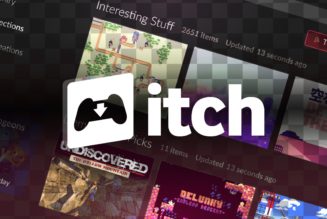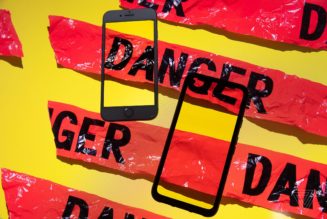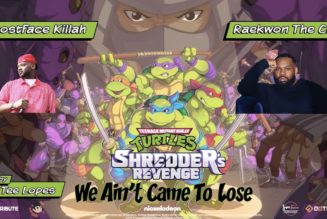
Roc-A-Fella was founded in 1995 by Dash, Jay-Z and Kareem “Biggs” Burke, each of whom own a third of the company. Dash writes that he does not oppose the preliminary restraining order preventing him from selling the Reasonable Doubt copyright, “as I do not own the copyright nor have I ever represented that I do.” The Roc-A-Fella lawsuit allegations are based on a press release promoting the Reasonable Doubt NFT sale, but Dash claims that the press release for the since-cancelled auction was incorrect. Dash says that what he was actually attempting to sell as an NFT was his one-third ownership of Roc-A-Fella, which he says Jay-Z tried to buy at a low price in March (and suggests that the lawsuit was Jay-Z’s form of revenge).
As such, Dash writes that he only opposes the portion of the motion “which can be read as precluding me from disposing of my one-third interest in RAF (i.e., my shares in RAF) as there is no basis in fact, or law, to preclude me from selling […] this property interest of which I solely own.”
Spiro — who has also represented Meek Mill, 21 Savage and Bobby Shmurda — fired back in court documents filed on June 28, claiming that no conflict of interest exists since Jay-Z’s and Roc-A-Fella’s interests are directly aligned. A conflict of interest would only arise, he argues, if he had previously represented the opposition (meaning Dash himself).
“Dash was trying to steal RAF, Inc.’s property — to the detriment of the company and its other shareholders. Jay-Z and RAF, Inc.’s interests are therefore directly aligned,” he writes. “Nor does Quinn Emanuel have ‘privileged information concerning the other side through prior representation.’ The firm has never represented Dash, and it has not represented RAF, Inc. in any matters through which it acquired any of Dash’s privileged information.”
Spiro also accuses Dash of lying about his original intention to sell his ownership of the label, not the album — “That’s obviously a lie,” he writes — and claims that the label “is not currently asking the Court to prevent Dash from selling his interest in the company; that’s a fight for another day.”
Dash is currently set to make his argument in a court hearing on the morning of July 1. But Spiro is requesting that the court enter the preliminary injunction to prevent Dash from selling Reasonable Doubt copyrights as an NFT without a hearing, since Dash already conceded to this ruling in his June 25 letter.
Over email, Dash’s attorney Natraj S. Bhushan of Turturro Law, P.C., called Spiro’s filing “clearly intended to avoid the consequences of their misguided lawsuit.” “There is absolutely no reason why this meritless lawsuit should continue beyond Thursday,” he added, “so we are hopeful that the Court will take swift and appropriate actions against RAF and its counsel at Thursday’s hearing.”
Reached by phone, Spiro offered a single word response: “Nonsense.”










